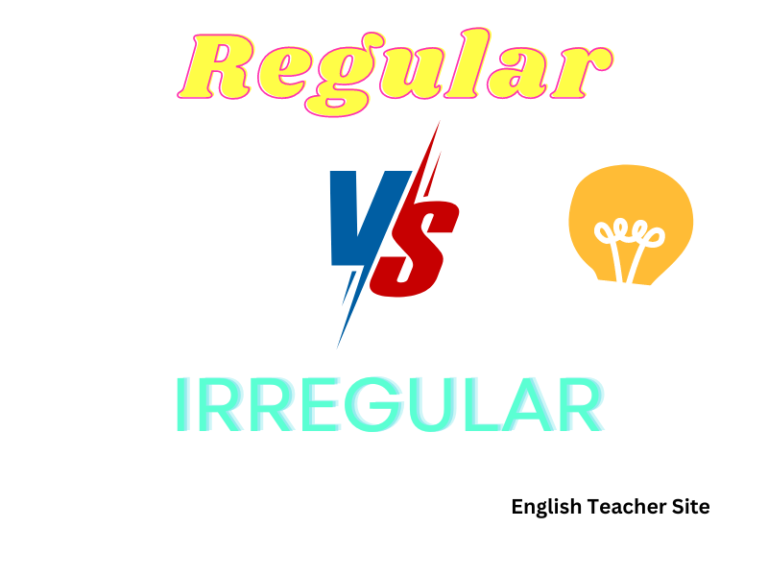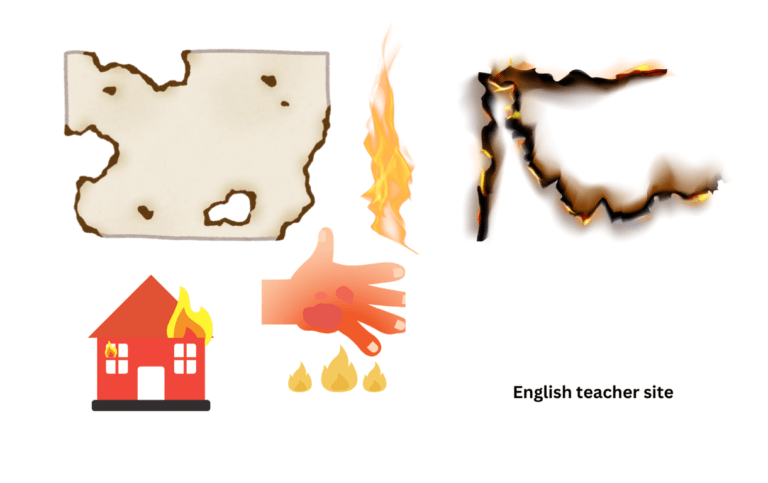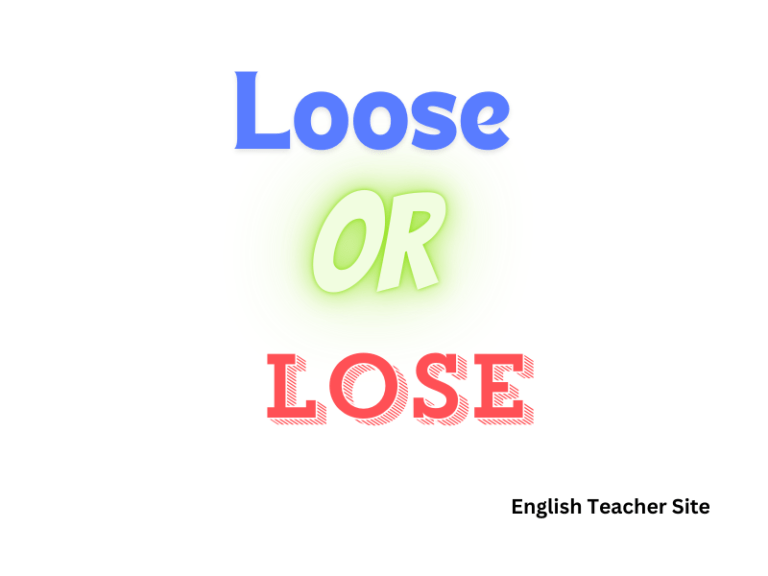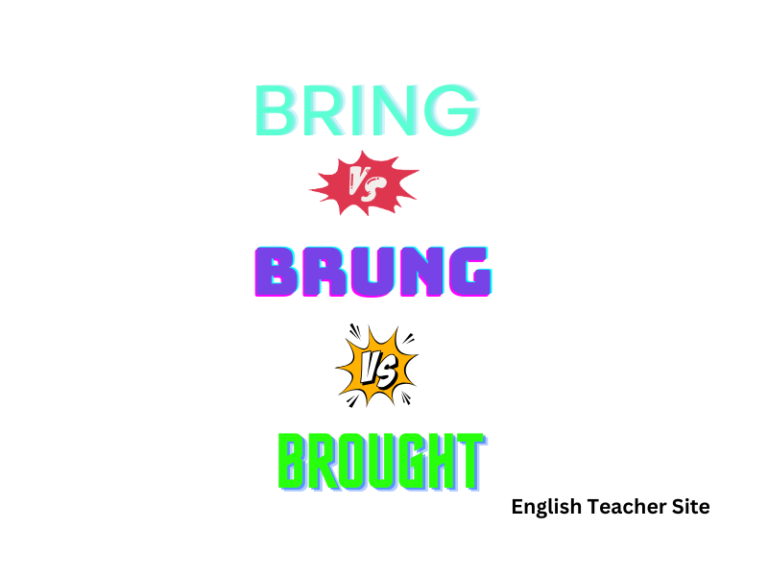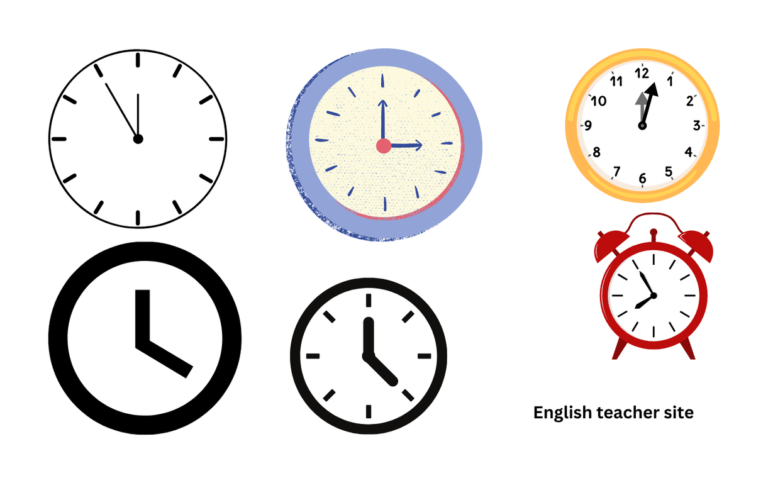Catch: Catched or Caught? The Correct Past Tense of Catch

- The correct past tense of “catch” is “caught,” not “catched.”
- “Catch” is a transitive verb and requires an object to complete its meaning.
- Understanding the different verb forms of “catch” can help learners use it correctly in different contexts.
English learners often struggle with the past tense of irregular verbs, and “catch” is no exception. The correct past tense of “catch” is “caught,” but some people mistakenly use “catched.”
While “catched” may sound correct, it is not a proper past tense form of the verb. Instead, “caught” is the correct past tense form of “catch.
The Correct Past Tense of ‘Catch’
It is Caught as I mentioned before. To fully understand the past tense of “catch,” it’s helpful to explore the different forms of the verb. “Catch” is a transitive verb, meaning it requires an object to complete its meaning. The verb “catch” can be used in various tenses, including the present tense, past tense, and past participle.
Past Tense Forms of ‘Catch’
This is an irregular verb, which means that it does not follow the regular pattern for forming past tense verbs in English. The past participle of ‘catch’ is also ‘caught’. It is important to note that ‘catched’ is not a correct past tense form of ‘catch’.
Here is a table summarizing the different forms of the verb ‘catch’:
| Verb Form | Example |
|---|---|
| Present Tense | She catches the ball. |
| Simple Past Tense | He caught the ball. |
| Past Participle | They have caught many fish. |
Irregular Verbs in English
Irregular verbs are verbs that do not follow the regular pattern for forming past tense verbs. Some other examples of irregular verbs in English include ‘go’, ‘eat’, and ‘run’.
It is important to learn the past tense forms of irregular verbs, as they are commonly used in everyday language. Memorizing these forms will help you communicate more effectively and avoid common grammar mistakes.
Examples of the Verb Catch, Caught
Read below to see all the different usage of the verb and some examples!
In Transitive and Intransitive Forms
Catch can be used both as a transitive verb, where an object is caught, and an intransitive verb, where no object is caught.
For example, “She caught the ball” is a transitive form, while “The fish are easy to catch” is an intransitive form.
Verb Tense Consistency in Writing
It is important to maintain consistency in verb tense when writing. For example, if a sentence is in the past tense, then the verb should also be in the past tense. In the sentence “I caught the ball yesterday,” the verb “caught” is in the simple past tense. Similarly, in the sentence “He had caught the ball before it hit the ground,” the verb “had caught” is in the past perfect tense.
Synonyms and Related Expressions, Catch
There are several synonyms and related expressions for “catch” that can be used to add variety to writing.
Some examples include
- glimpse
- see
- grasp
- hunt
- chase
- spot
Here are some examples of the different forms of the verb “catch”:
| Form | Example |
|---|---|
| Present Tense | He catches the ball. |
| Present Participle | She is catching the ball. |
| Past Participle | They have caught the ball. |
| Simple Past Tense | I caught the ball yesterday. |
| Past Perfect Tense | He had caught the ball before it hit the ground. |
| Future Perfect Tense | She will have caught the ball by the time the game ends. |
| Present Continuous Tense | They are catching the ball. |
| Present Perfect Continuous Tense | He has been catching the ball all day. |
| Past Continuous Tense | She was catching the ball when she fell. |
| Past Perfect Continuous Tense | They had been catching the ball for hours before it got dark. |
| Indefinite Present Tense | One catches more flies with honey than with vinegar. |
| Future Perfect Continuous Tense | They will have been catching the ball for ten hours by the time the game ends. |
conclusion
understanding the correct usage of “catch” and its various forms is crucial for effective communication in English. By following the guidelines outlined in this section, students and teachers can improve their writing and speaking skills.
FAQs
Q: Is “catched” a word?
A: No, “catched” is not a word. The past tense of catch is “caught.”
Q: Can catch be used as an intransitive verb?
A: Yes, catch can be used as an intransitive verb. For example, “The fish are easy to catch.”
Q: What are some synonyms for catch?
A: Some synonyms for catch include “hunt,” “chase,” and “glimpse.”
My name is Khamis Maiouf. I am the creator of the English Teacher Site, dedicated to providing valuable resources and insights for students around the world. With a passion for education and a commitment to helping students enhance their skills, I aim to make English teaching more effective and enjoyable for both educators and students.

